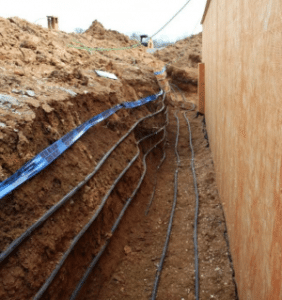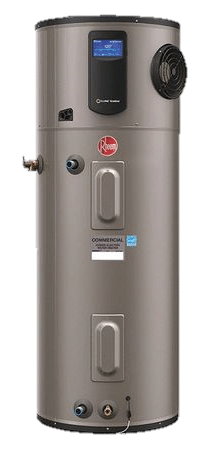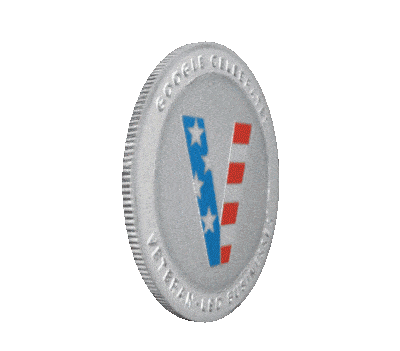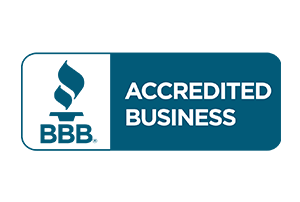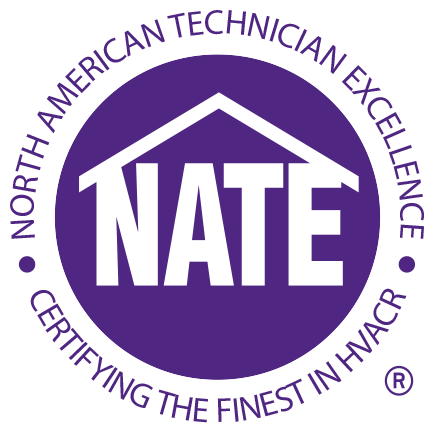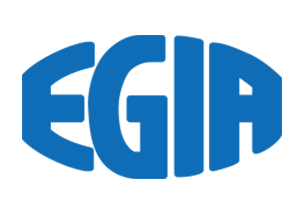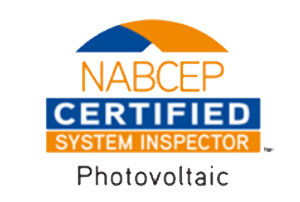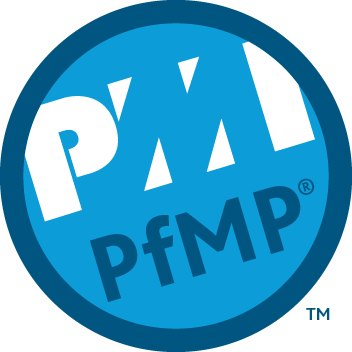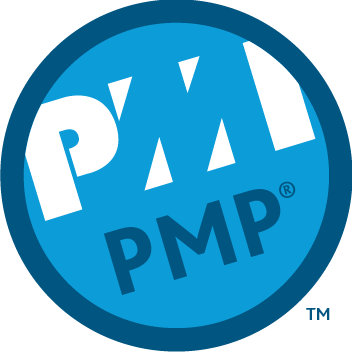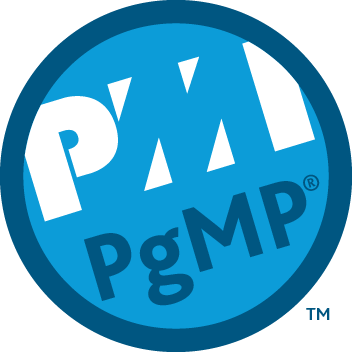What does high-performance alternative mean?
By definition an alternative is one of two or more available options. In this case all options we explore this month provide homeowner benefits that are far superior to standard conventional choices. Some high-performance benefits include superior comfort, more convenience, higher capacity, or lower monthly operating costs.
According to EESI (Environmental and Energy Study Institute) more than 40 percent of the total energy and 70 percent of electricity consumed in the United States is used for operating buildings. EIA (U.S. Energy Information Administration) finds more than half of that energy consumption is used for heating and cooling buildings. The number jumps to more than three quarters after accounting for hot water production. Clearly alternative heating, cooling and hot water systems that perform at higher levels can significantly reduce operating costs of buildings while having a positive contribution to environmental and climate stewardship.
The DOE (U.S. Department of Energy) finds that GSHP (ground-source heat pumps) use 25 to 50% less electricity than conventional heating and cooling systems. Additionally, GSHPs reduce energy emissions up to 72 percent compared with electric resistance heating with standard air-conditioning.
The IEA (International Energy Agency) was formed in 1974 to increase energy security through energy conservation and the development of alternative energy sources. A 2020 study found heat pump water heaters well suited for single family residential hot water demands and are capable of delivering water temperatures Hot enough to prevent legionella bacteria in drinking water piping and at significant energy savings.
To learn more about high-performance alternatives for your home, please contact our Senior Solutions Advisor at 816-635-2493 or advisor@ushpg.com.
Future Proof Your Home with a Ground-Source Heat Pump
Coming decades are expected to be hotter and more humid. According to a study sponsored by U.S. Environmental Protection Agency weather events are forecast to increase both in severity and frequency through the end of the century. The paper assessed the impact of these changes to housing and shelter, specifically the number of days per year at elevated temperatures above 90 o F and accompanying increased rainfall and humidity. Based on these forecasts, the DOE (U.S. Department of Energy) expects more intense storms and extreme heat waves. Rising temperatures will shift energy requirements from less heating to more cooling, thus risk of human heat stress within buildings will increase. The more energy efficient a building and mechanical systems, the more resilient the home is in the face of extreme temperatures, and higher levels of humidity.
Impact to air-source heat pumps and standard air-conditioning systems. Because conventional systems, both air-conditioners and air-source heat pumps, rely on outdoor air temperatures in order to provide cooling, elevated temperatures and higher humidity will negatively affect system performance and capacity. Specifically, higher outdoor temperatures during summer inhibit conventional systems heat transfer into the outdoor air, elevated levels of humidity further challenge these systems.
Ground-source heat pumps provide a high-performance alternative. Because all ground-source heat pump equipment is housed indoors, and the exterior earth loops are buried inside the yard, GSHPs do not rely on outdoor air temperatures and instead use the earths steady year-round temperature. By protecting the heating and cooling equipment from outdoor weather and using the solar energy stored in the earth, ground-source heat pumps are both a durable and reliable heating and cooling solution into the future. The ACEEE (American Council for an Energy Efficient Economy) identifies high-performance heating and cooling systems as a resilient technology moving forward.
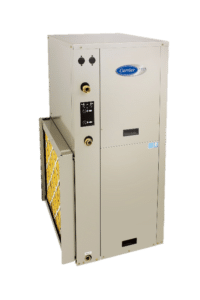
A ground-source heat pump may be a prudent investment if any of the following are true.
In 2020, the federal tax credit (not deduction) for the installation of a new ground-source heat pump was extended through 31 December 2023. Without further legislative action, this incentive will decrease each year eventually sunsetting. The current incentive provides a 26% tax credit of the entire installation cost for a residential ground-source heat pump. 1 January 2023, the tax credit steps down to 22% expiring the end of 2023. In 2016, this incentive did expire and in 2018 required new legislation to renew the incentive, although at a lower percentage.
- Building a new home with a focus on ultra-efficiency and/or passive survivability
- Future-proof home against anticipated climate changes – hedge against uncertain future utility rate environment
- Desire to significantly reduce existing monthly utility bills – possibly eliminate gas altogether
- Goal of minimizing future replacement costs – GSHPs have longer lifecycles between replacements
- Existing system does not provide expected comfort – (high indoor humidity, hot rooms, uneven airflow)
- Current heating and cooling system is more than 10 years old
- Original factory efficiency is below 13 SEER (Seasonal Energy Efficiency Rating) – higher SEER equals lower utilities.
- The unit has been determined to be under or oversized for the home – (both create comfort and energy problems)
- Unit requires a major repair (control board, coil or compressor)
- Unit has had more than two repairs over the previous 10 years
Reduce Water Heating Operating Cost By 75 Percent
Cost to make hot water will become more important in the future. According to the EIA (U.S. Energy Information Administration) water heating is the second largest energy user in a typical home, accounting for 17 to 23% of total consumption. Continued focus on energy conservation measures in homes particularly higher levels of insulation and air-tightness will reduce energy requirements for space conditioning. As energy demand for heating and cooling decrease, hot water production will become a larger percentage of homes total energy use.
Traditional tanked gas and electric water heaters are expensive to operate. UEF (Uniform Energy Factor) is a DOE (U.S. Department of Energy) rating assigned to all water heating products. The rating allows consumers to compare various water heating products based on efficiency and operating costs. Simply, the higher the UEF of a water heater, the more efficient the unit performs and less energy must be purchased to make hot water. Conventional water heating products offer a UEF between .51 to .95. That range translates to 51 to 95 cents on the dollar. As an example, a water heater with a UEF of .75 would use 75 cents of your dollar to make hot water, the other 25 cents are wasted.
Heat pump water heaters offer a high-performance alternative.
Electric heat pump water heaters offer ultra-high UEFs that range from 2.75 to as high as 3.9, meaning for every dollar spent on electricity nearly 4 dollars of hot water can be produced. Additionally,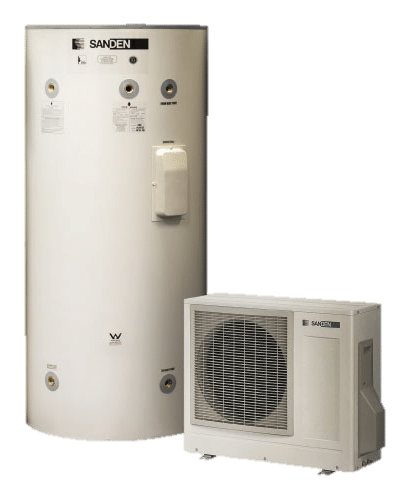
A heat-pump water heater may be a wise decision if any of the following are true.
In 2020, the federal tax credit (not deduction) for the installation of a new ground-source heat pump was extended through 31 December 2023. Without further legislative action, this incentive will decrease each year eventually sunsetting. The current incentive provides a 26% tax credit of the entire installation cost for a residential ground-source heat pump. 1 January 2023, the tax credit steps down to 22% expiring the end of 2023. In 2016, this incentive did expire and in 2018 required new legislation to renew the incentive, although at a lower percentage.
- Building a new home with a focus on energy conservation and/or energy efficiency
- esire for an all-electric home eliminating gas utility bills
- Future-proof home and hedge against higher future utility rates
- Goal of minimizing future replacement costs – HPWHs have longer lifecycles between replacements
- Existing system does not provide expected comfort – (runs out of hot water, water temperature is not hot enough)
- Current water heater is more than 8 years old
- Original factory efficiency is below 1 UEF (Uniform Energy Factor) – higher UEF equals lower utilities.
- The unit has been determined to be undersized for the home
- Unit requires a major repair
Home Performance Group is a licensed, insured, bonded, and certified full-service heating, cooling, electrical and plumbing company offering design, sales, service, repair, and maintenance. Our focus is providing total value to clients through first-class service experiences, ongoing education, industry-leading equipment, peace of mind knowing work is completed correctly and safely, and engaged communications.


Featured Service Areas:
| Missouri | Kansas | ||||
|---|---|---|---|---|---|
|
Belton Blue Springs Cameron Excelsior Springs Gladstone Holt |
Independence Kansas City Kearney Lathrop Lawson Lee's Summit |
Liberty North Kansas City Parkville Platte City Plattsburg Polo |
Raytown Riverside Smithville Sugar Creek Weston |
Kansas City Lansing Leavenworth Leawood Lenexa |
Merriam Mission Mission Hills Praire Village Shawnee |


